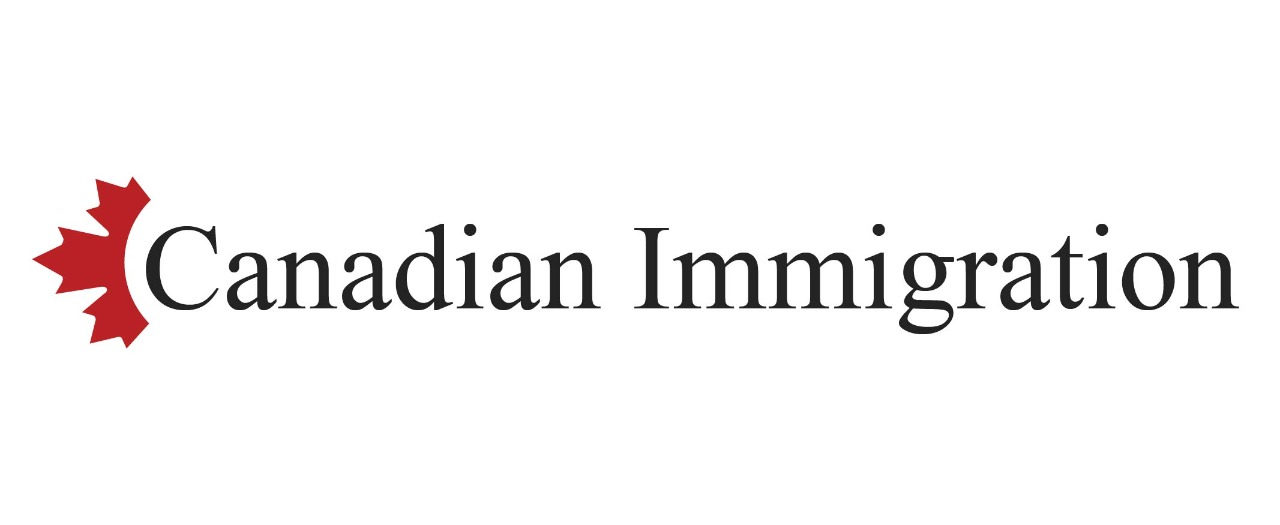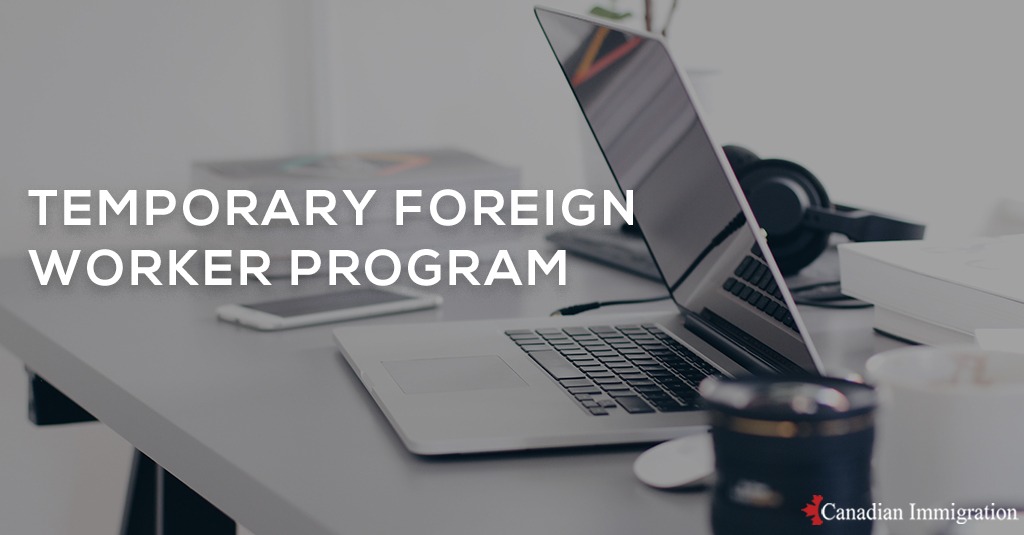The Temporary Foreign Worker Program (TFWP) facilitates Canadian employers to hire foreign workers to fill the labor shortages and skills deficiencies. With the help of this immigration route, employers can hire skilled foreign workers in Canada when there are no other hiring options available.
The Temporary Foreign Worker Program (TFWP) is managed and supervised by Immigration, Refugees and Citizenship Canada (IRCC) and Employment and Social Development Canada (ESDC) jointly.
Furthermore, this program enables the local employers to do the hiring of skilled foreign workers who are currently working in Canada with ending contracts or with Open work permits.
-
Streams Under Temporary Foreign Worker Program
With the Temporary Foreign Worker Program (TFWP), Canadian employers are facilitated to hire foreign skilled workers they need to fill their labor shortage. Furthermore, this program also ensures the rights, protection, and payments of the workers.
The Temporary Foreign Worker Program also encompasses multiple subprograms in. Under the TFWP, Canadian Employers can hire foreign workers. The streams under the Temporary Foreign Worker Program are:
-
Global Talent Stream
-
Foreign Agricultural Workers
-
Foreign Academics
-
In-Home Caregivers
-
High-Wage Workers
-
Low-Wage Workers
-
LMIA for Temporary Foreign Worker Program
Labour Market Impact Assessment (LMIA) is required for the Temporary Foreign Worker Program (TFWP). The employers wishing to hire foreign workers are required to obtain an LMIA that shows the company is unable to find a Canadian Citizen or permanent resident to fill the position. After issuance of an LMIA, then the employer is able to hire a foreign national officially.
There are a few temporary worker solutions available that allow employers to recruit workers without an LMIA. The International Mobility Program, which is meant to process LMIA-exempt work permit applications, integrates these possibilities.
A Labour Market Impact Assessment (LMIA) comprises a document needed to hire foreign workers in Canada. An LMIA is issued by Employment and Social Development Canada (ESDC) that evaluates the impact of recruiting a foreign national in Canada.
-
Positive LMIA
When an LMIA is positive, it shows that currently, there is no Canadian citizen or resident available to hire, and it reflects the labor shortage. Therefore, when the LMIA is positive, the employer can hire a foreign national.
-
Negative LMIA
On the other hand, a negative LMIA shows that there are locals available to fill up the position. So, the job position should be accommodated by a Canadian citizen or permanent resident.
-
Global Talent Stream
Canada aims to attract foreign talent from all over the world. Therefore, the Global Talent Stream (GTS) has been initiated by a partnership between Immigration, Refugees, and Citizenship Canada (IRCC) and Employment and Social Development Canada (ESDC).
The GTS helps to select Canadian businesses and employers to acquire highly talented overseas workers. It further allows them to compete on a worldwide basis. Employers who are successfully recommended to the program are able to use the Global Skills Strategy to speed up the recruiting process for foreign nationals.
-
Foreign Agricultural Workers
This pilot allows Canadian employers from the agricultural sector to hire skilled foreign workers. This pilot aims to fill the labor shortages and experienced persons in the agriculture sector. Canadian employers can use this immigration stream to employ skilled workers.
Two streams are designed to assist agri-sector employers in hiring workers. Furthermore, for each of the streams, the employers are required to meet the basic requirements. The requirements for Canadian employers to hire workers are as follows:
- The production must be done in specific commodity sectors of Canada’s national commodity list.
- The hiring must be done in one of the following National Occupation Classification (NOC) Codes: 0821, 0822, 8252, 8255, 8431, 8432, and 8611
Employers who satisfy the aforementioned criteria may be eligible to hire temporary foreign employees via the normal Agricultural Stream or the Seasonal Agricultural Worker Program (SAWP).
- Seasonal Agricultural Worker Program (SAWP)
The Seasonal Agricultural Worker Program (SAWP) allows employers to hire temporary foreign employees for up to 8 months to cover the labor shortage in the agriculture sector. The primary requirements for recruiting foreign agricultural workers must be met. Foreign employees must also be nationals of Mexico or one of the Caribbean nations that have signed the bilateral agreement that makes the SAWP possible. If an employer fulfills the SAWP’s standards, they can apply for an LMIA that specifies the SAWP’s requirements.
-
In-Home caregivers
The In-Home Caregiver program enables the local Canadian residents to hire a foreign national to provide home care in a private residence. The care can be delivered to seniors, children, or individuals who need medical needs.
With the following positions, the Temporary Foreign Worker Program can hire foreign home caregivers.
This program is for those who provide care to children under the age of eighteen. The position must fulfill the National Occupation Classification (NOC) Code 4411 standards.
- Caregivers for persons with high medical needs:
Those who provide home care to elders or those with disabilities who require assistance. For those, NOC 3012, 3233, or 4412 must be met for this post. Families that want to hire in-home caregivers can apply to the TFWP for permission.
Families must apply in the same way that companies who hire via the high-wage and low-wage streams do. In addition, families hiring in-home careers must show that:
- The applicants have a dependent family member who requires in-home care.
- They have the financial means to pay the in-home caregiver’s salary.
-
Foreign Academics
Hiring foreign professors at post-secondary schools can improve Canada’s educational quality while allowing Canadian universities to compete worldwide in academic research. As a result, the IRCC and the ESDC have devised various procedures to make it easier for foreign academics to work in Canada.
Therefore, foreign nationals are hired in research positions at post-secondary institutions in Canada. In those cases, they are exempt from obtaining an LMIA. Those researchers who cannot qualify for the work permit or LMIA exemptions can follow the conventional procedure.
-
High Wage Workers
The provinces set the hourly wages of the workers. The minimum amount must be paid to the workers in the respective provinces. If a certain employer wants to hire a temporary foreign worker whom they want to pay above the hourly wage of the province, then the employers can resort to through the TFWP stream for high-wage workers.
For this procedure. The employers are needed to obtain a Labour Market Impact Assessment (LMIA) that proves an unavailable position in the market. There is a need to hire a foreign national to cover this position.
When an employer receives a positive LMIA for high-wage skilled employment, they must tell the foreign worker of the LMIA findings and advise them that the LMIA must be renewed before the LMIA expires. After receiving a good LMIA from an employer along with their formal signed employment contract, a high-wage worker may apply for authorization to work in Canada via a work permit or permanent residency application, depending on their eligibility.
-
Low Wage Workers
In contrast to the High Wage Workers, a low-wage hiring program is also available for Canadian employers. If an employer needs to hire a temporary foreign worker with a comparative low hourly wage than the province, then the hiring can be made by applying to TWFP for low-wage workers.
For this procedure. The employers are needed to obtain a Labour Market Impact Assessment (LMIA) that proves an unavailable position in the market. There is a need to hire a foreign national to cover this position.
Employers should be aware that LMIAs for low-wage employees impose specific requirements on employers to protect the rights and safety of low-wage non-resident workers in the workplace. When an employer receives a positive LMIA for a low-wage skilled post, they must tell the foreign worker of the LMIA findings and advise them that the LMIA must be renewed before the LMIA expires.
-
Global Skills Strategy
The Global Skills Strategy (GSS) program is an initiative launched by the federal government of Canada. It helps Canadian businesses and employers to attract foreign talent and skilled workers from all over the world.
This program has fast application processing, work permit exemptions, and improved applicant assistance. The foreign nationals are required to meet the eligibility requirements that primarily include police certificates and other necessities.
The conditions for this program include:
- LMIA Exempted workers who are traveling to Canada to work in in a position at NOC Skill Level 0 or A; or
- Workers needed LMIA: those possessing a positive LMIA that has been issued through the Global Talent Stream of the TFWP.
- Temporary Foreign Worker in Quebec
Like the federal Temporary Foreign Worker Program (TFWP), the Quebec province also has its own Temporary Foreign Worker in Quebec program.
The Quebec province has been provided autonomy while deciding and implementing immigration procedures. Therefore, the Quebec program can have different requirements that may vary from program to program.
The varied procedures for this program include:
-
Finding out temporary work opportunities in Quebec.
-
Obtaining permission to work in Québec temporarily.
-
Getting ready for your trip to Québec.
-
Arriving in Québec and finding a place to stay.
-
Obtaining fresh temporary work authorizations once in Québec.
-
Permanently residing in Québec.
-
Taking measures toward a successful Québec integration.
Unless your position is exempt from an LMIA, you should apply for a work permit after you have a job contract or employment offer from a Canadian employer and the LMIA received by your company. You will also need to get an additional document from the Quebec government before filing for your work permit if your employer is in Quebec. Applicants should be aware that obtaining a work visa under the TFW program does not guarantee permanent status in Canada.


